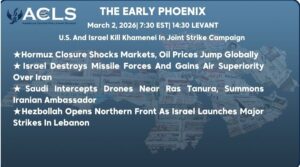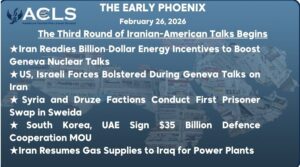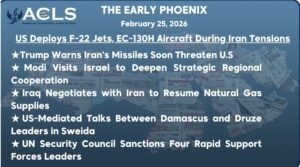Iran’s Dual Challenges: Declining Voter Engagement and Bold Economic Strategies
-
New Tanker War Unfolds in Persian Gulf
Echoing the disruptive “Tanker War” of 1985-1988, Iran’s recent seizure of an oil tanker in the Sea of Oman signals a troubling resurgence of maritime tensions reminiscent of its past conflict with Iraq. This incident, targeting a vessel carrying Iraqi oil to Turkey, stirs historical echoes of Iran’s attempts to control regional power dynamics by hindering maritime navigation. Following a UN Security Council resolution urging an end to Houthi attacks in the Red Sea, this seizure underscores the continuity of Iran’s strategic maritime disruptions. The US State Department’s demand for the ship’s immediate release, coupled with global support for a US-led maritime protection task force, underlines the urgent need for a unified response to ensure navigational freedom. This act not only affects global trade, as seen in the Kiel Trade Index’s significant decline but also rekindles concerns over the persistent threat to international maritime security and the crucial role of international cooperation in mitigating such risks.
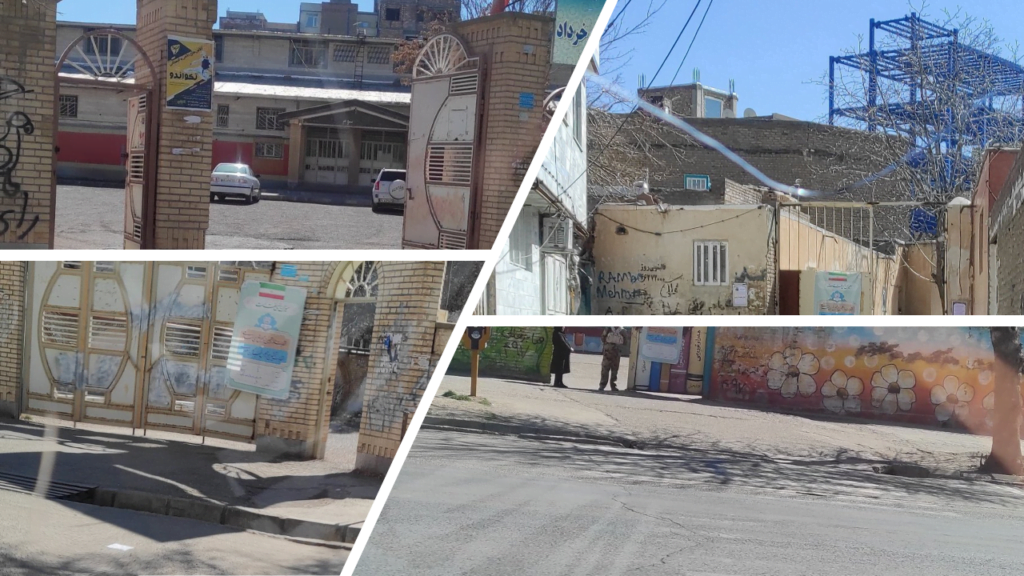
-
Iran’s Elections: Diminishing Engagement in Theocratic Rule
The recent parliamentary elections in Iran have underscored a profound transformation in the electorate’s mood, with voter turnout plummeting to an unprecedented low of under 40% since the revolution in 1979. In the capital, Tehran, out of 10 million qualified voters, merely 2.4 million cast their ballots, setting a new record for disengagement in the era of Islamic governance.
A notable portion of the populace expressed their dissent through the submission of void ballots, ingeniously adorned with the names and emblems of football stars, outnumbering the votes secured by the most popular candidates. Official figures revealed that over 380,000 ballots were invalidated, surpassing the leading candidate’s tally of 340,000 votes.
The hardline faction’s failure to consolidate a unified candidate roster for Tehran significantly impacted the election outcome. The conservative bloc emerged overwhelmingly victorious, clinching all 30 seats, whereas the United Front for the Islamic Revolution, under the stewardship of ex-Parliament Speaker Mohammad Baqer Ghalibaf, managed to secure a solitary seat. Ghalibaf, positioned fourth after the count of two-thirds of the ballots, found himself in a contest with a proponent of the Mohammad Taqi Mesbah Yazdi group, infamous for its sanctioning of violence through religious edicts against those opposing Sharia law.
In an uncontested race, President Ebrahim Raisi secured a third term in the Assembly of Experts with an 82% vote share in South Khorasan. Discussions are underway about elevating figures like Mohammad Javad Zarif in a strategic maneuver to bolster the regime’s resilience and perpetuity.
Regardless of the possible scenarios whether it is succession or a leadership council, the ultimate power play will belong to the Iranian Revolutionary Guard, so it can continue its expansionist foreign policies of trying a build a vital field that is reminiscent of the so-called Shiite Empire promised towards a super regional state by 2030, as proposed by the Expediency Discernment Council and approved by Khamenei.
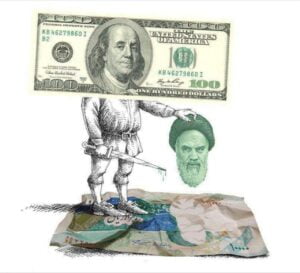
-
Iran’s Economic Maneuvers: Algeria, Syria, China
After Sudan rejected Iran’s naval base proposal on its Red Sea coast to avoid US and Israel tensions, President Raisi made a visit to Algeria, his first in 14 years, to enhance bilateral ties and regional cooperation, focusing on the Sahel and Western Sahara, and to promote economic, cultural, and technological partnerships. At the 7th GECF summit, Raisi showcased Iran as a crucial energy contributor, seeking investments in its natural gas sector to circumvent US sanctions and boost regional stability.
Despite recent US sanctions, Iran and Syria are launching a joint free zone, with Iran investing in Syrian infrastructure, energy, pharmaceuticals, and housing. Meanwhile, despite being China’s 38th trading partner with a $32 billion volume trailing behind regional peers in significant numbers, Iran prioritizes Chinese firms for Tehran infrastructure projects. This move, during economic downturns, faces criticism for overlooking local expertise in favor of securing Beijing’s support in the UN Security Council.
Concurrently, Iran’s internal wage negotiation delays, with the government proposing insufficient wage increases against 40% inflation, underscore a preference for international ambitions over domestic welfare. This prioritization comes as the economic crisis deepens, igniting protests and highlighting disparities, especially as Iran continues to allocate substantial funds to its regional proxies, further straining its economy and exacerbating the plight of Iranian workers.

